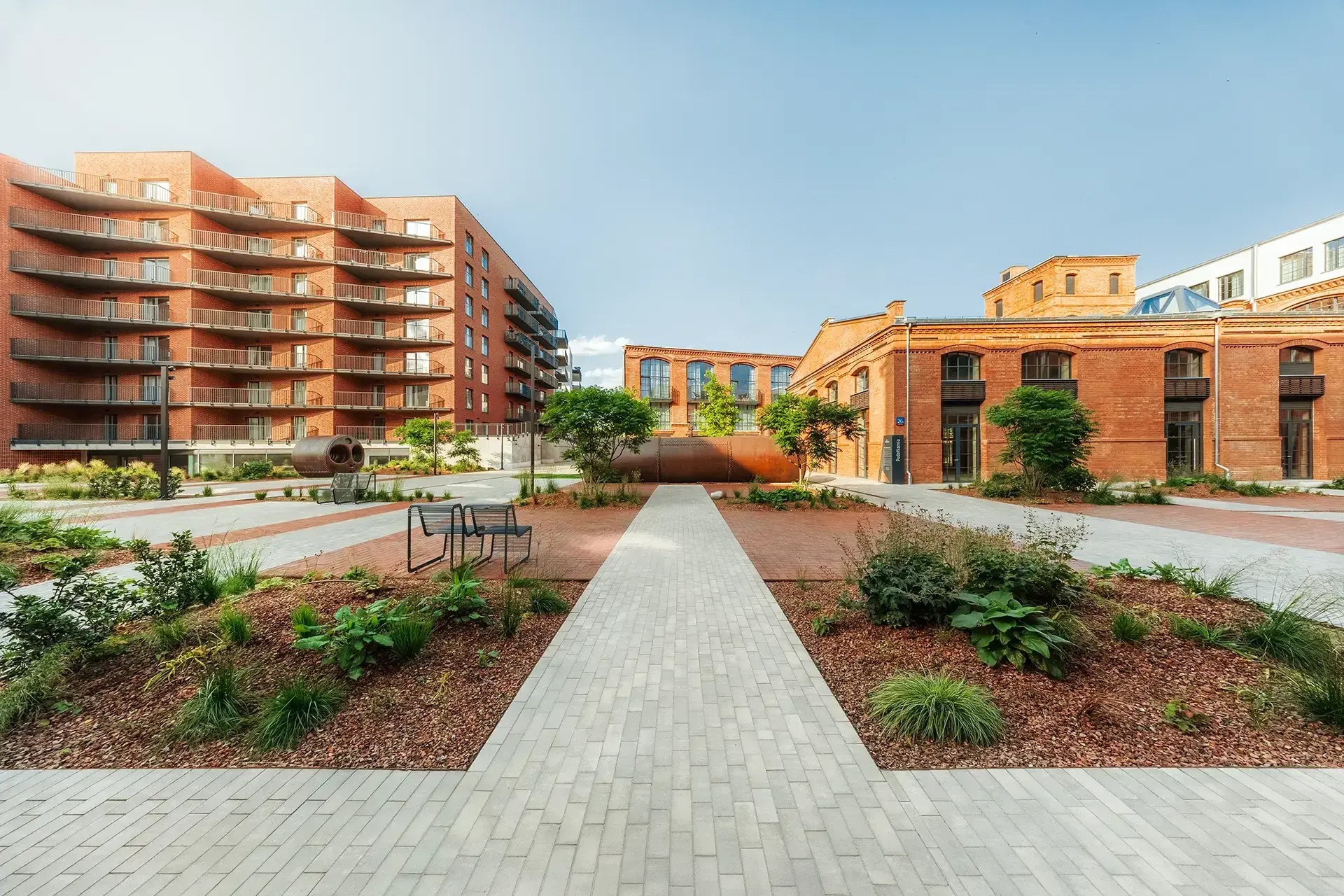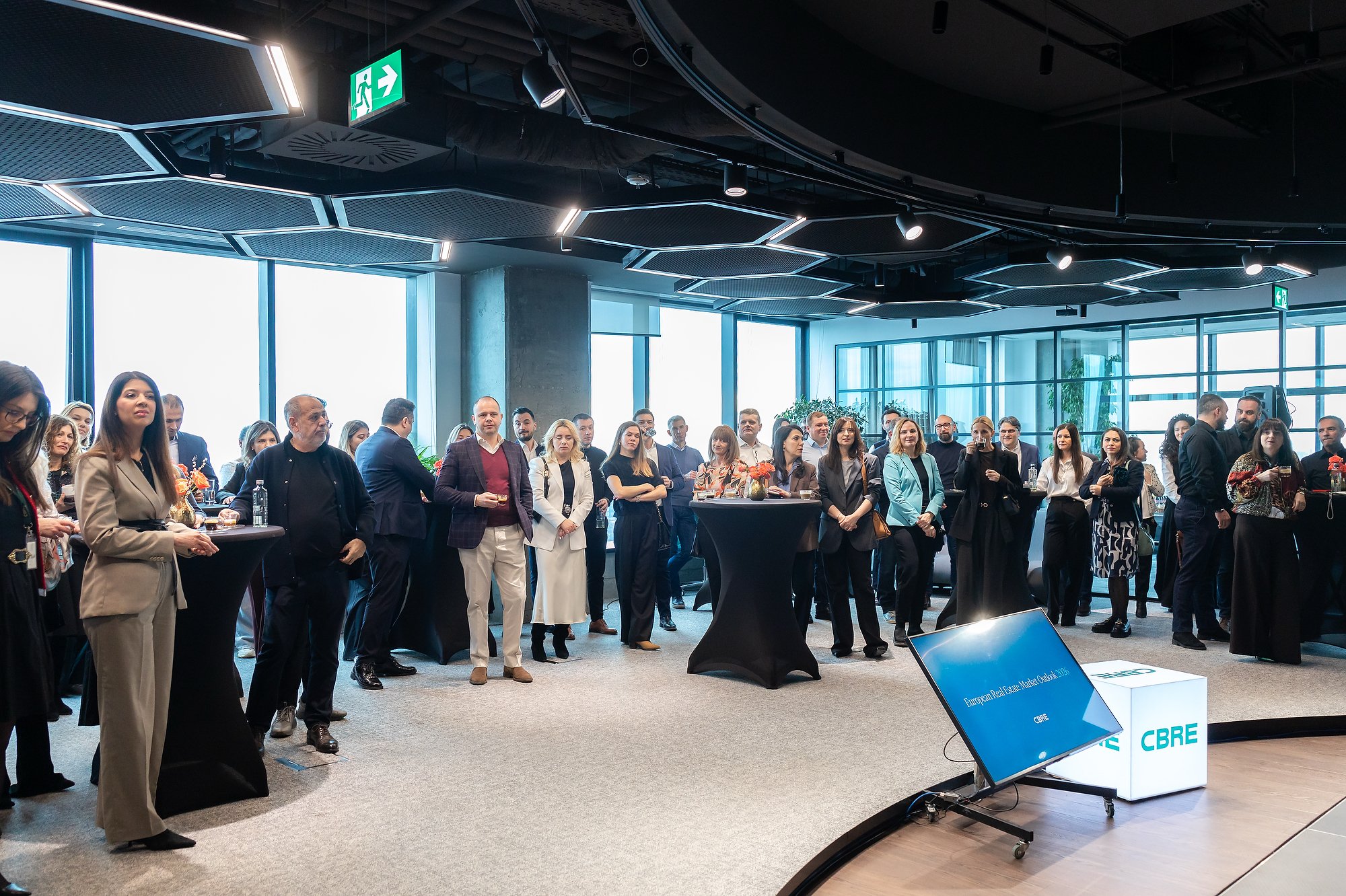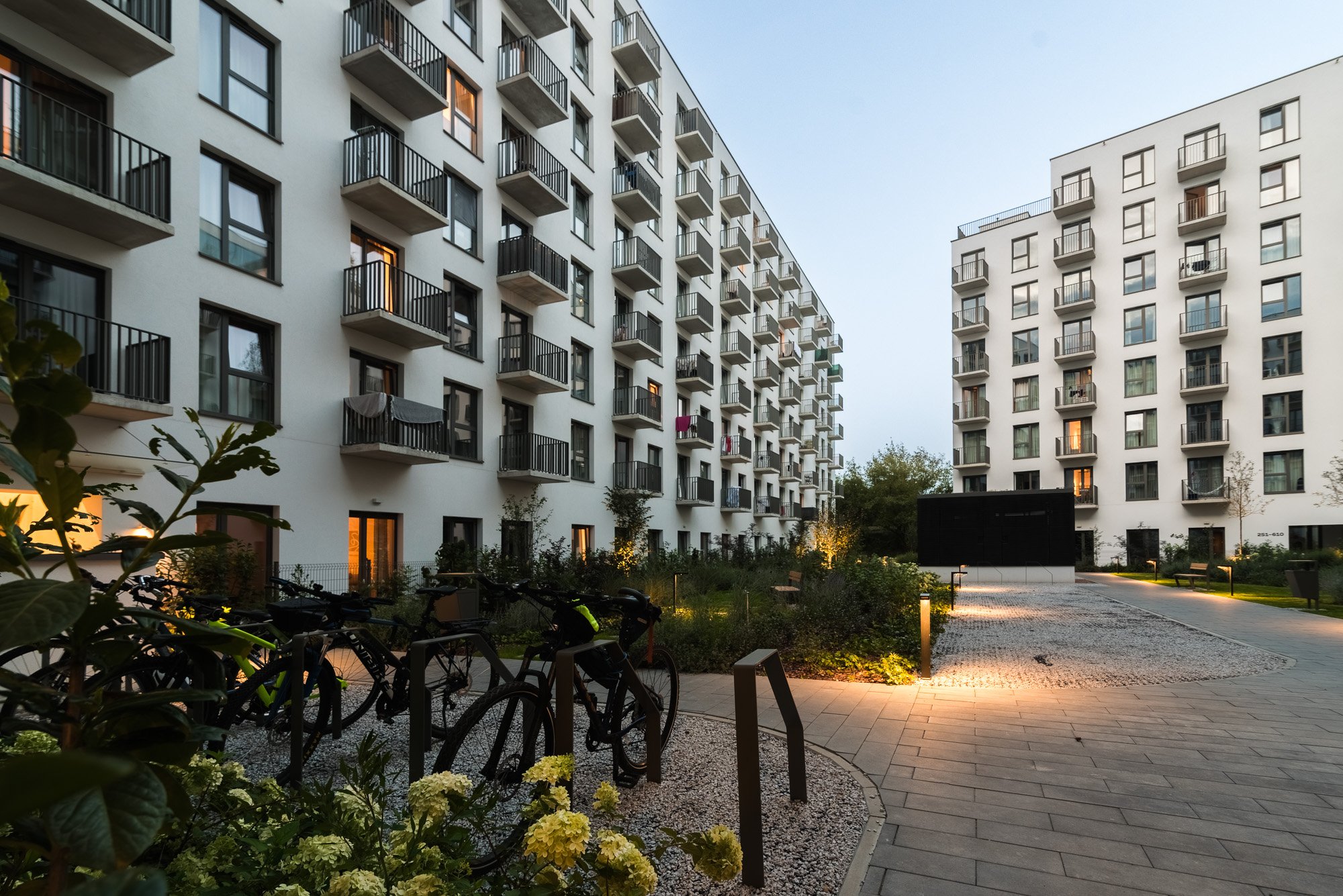Poland’s commercial real estate investment market has shown signs of stabilisation since the beginning of 2025. According to BNP Paribas Real Estate Poland’s report Review: Investment Market in Poland, Q2 2025, total investment volume reached €1.7 billion in the six months to the end of June. Particularly noteworthy is the growing market presence of domestic capital, which is stepping up investment activity across the country.
Market dynamics remain moderate
The second quarter of the year saw renewed investor momentum, although concluded transactions remained limited in scale. Smaller-ticket deals dominated, reflecting the impact of geopolitical instability and a challenging economic environment.
“The commercial real estate market in Poland showed signs of stabilisation against a backdrop of macroeconomic uncertainty. Transaction volume came to €1.7 billion since the beginning of the year, accounting for approximately 45 percent of the five-year annual average,” says Mateusz Skubiszewski, Head of Capital Markets, BNP Paribas Real Estate Poland.
Industrial and logistics lead the way
Analysis of the year-to-date investment volume reveals that the industrial and logistics sector remained in the lead, attracting €694 million in investment – an impressive 136 percent year-on-year increase. The largest transaction in this segment was the sale and leaseback of the Eko Okna portfolio (264,000 sqm) by Realty Income for €253 million. Other notable deals included the acquisition of AFI Home Metro Szwedzka (formerly known as Bohema) in Warsaw. The 20,600 sqm complex was acquired by AFI Europe for €76.2 million. Additionally, LPP’s distribution centre spanning 103,000 sqm in Bydgoszcz was sold to Reico IS EAM for €75.8 million.
Office investment volume totalled €411 million year-to-date, while the retail sector recorded €322 million – down 49 percent and 36 percent respectively on the same time last year. That said, BNP Paribas Real Estate Poland anticipates a retail revival in the second half of 2025, driven by planned large-scale transactions which are likely to boost annual investment volumes.
Large-scale transactions remain scarce
Trophy core assets remain out of reach for many cross-border investors due to persistently high financing costs and a mismatch in pricing expectations between sellers and buyers in this segment. Some market players have adopted a wait-and-see approach, shifting their focus to smaller-scale assets with more predictable risk profiles. The first half of the year saw only one major transaction exceeding €250 million.
“The second half of the year is expected to bring a gradual market recovery, supported by anticipated interest rate cuts by central banks. This is likely to lead to yield compression and increased attractiveness of real estate as an asset class,” comments Mateusz Skubiszewski.
Small-ticket transactions continue to ride high
Analysis of year-to-date investment volumes shows that activity was the strongest in the €40–100 million segment, totalling €769 million – a 137 percent increase year-on-year. Transactions up to €20 million reached €293 million, down 16 percent compared to the same period last year. The largest deals, exceeding €100 million, totalled €254 million, marking a 65 percent year-on-year decrease. This reflects investor preference for lower-risk, more predictable assets.
Domestic capital is on the rise
European capital accounted for the largest share of investment volume since the beginning of the year, at 59 percent, followed by US investment funds with 23 percent. Investors from the Middle East contributed 12 percent, while African-based capital made up 2 percent of the total.
According to BNP Paribas Real Estate Poland, domestic investors have significantly increased their market share since the beginning of the year. Polish investors are playing an increasingly important role in overall investment activity. This is a testament to growing confidence in the local market and a rising appetite for deploying capital into Poland’s commercial real estate sector.
Yields remain stable
During the first half of 2025, prime asset yields in Poland remained unchanged at 6.25 percent for offices and warehouses, 6.50 percent for shopping centres and 5.25 percent for logistics facilities serving e-commerce.
“The absence of yield decompression points to expectations that financing costs will decline further. Interest rates are still too high to attract global capital, and the market is currently dominated by opportunistic investors from the CEE region. High capital costs continue to weigh heavily on development activity, which will likely lead to reduced availability of new, fully leased assets. The market could, however, benefit from funds disbursed under the National Recovery and Resilience Plan, which remains a significant driver of economic growth,” concludes Karolina Wojciechowska, Director, Capital Markets, BNP Paribas Real Estate Poland.







